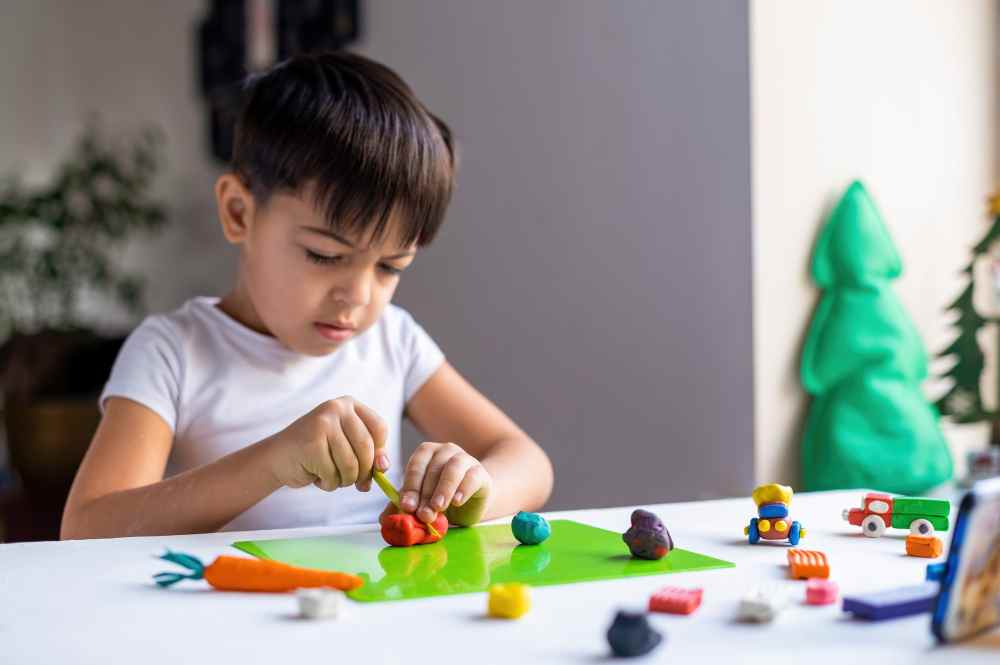As parents, we always want the best for our children – their happiness, health, and overall well-being. However, in today’s fast-paced and demanding world, kids are facing stress and depression at alarming rates. It is crucial for parents to be aware of the signs and symptoms of stress and depression in children and to take proactive steps to support their mental health. In this article, we will explore the signs of stress and depression in kids, the contributing factors, and effective ways parents can help their children cope with these challenges.
Understanding Stress and Depression in Children
Stress is a normal part of life and can be beneficial to a certain extent, as it helps children develop coping skills and resilience. However, when stress becomes chronic or overwhelming, it can lead to negative consequences for a child’s mental and physical health. On the other hand, depression in children is a more serious and long-lasting mood disorder that affects their thoughts, emotions, and behavior.
It is essential to recognize the difference between everyday stressors and genuine signs of stress or depression in children. Some common signs of stress in kids may include:
- Changes in Behavior: Kids under stress may become more withdrawn or irritable. They might show a sudden decline in academic performance or lose interest in activities they previously enjoyed.
- Physical Complaints: Frequent headaches, stomachaches, and other unexplained physical ailments can be manifestations of stress in children.
- Sleep Disturbances: Stress can disrupt a child’s sleep patterns, leading to trouble falling asleep or frequent night awakenings.
- Changes in Appetite: Stress may affect a child’s eating habits, leading to either increased or decreased appetite.
On the other hand, symptoms of depression in children may include:
- Persistent Sadness: A child experiencing depression may exhibit persistent feelings of sadness or hopelessness.
- Lack of Interest: Children with depression may lose interest in activities they once enjoyed or show a decreased ability to experience pleasure.
- Social Withdrawal: Depressed children may isolate themselves from family and friends, preferring to be alone.
- Fatigue: Chronic feelings of tiredness or lack of energy are common in children experiencing depression.
Contributing Factors to Stress and Depression in Children
Several factors can contribute to stress and depression in children:
- Academic Pressure: Increasing academic expectations and the fear of failure can place significant stress on children.
- Family Issues: Conflicts within the family, changes in family dynamics, or parental divorce can be major stressors for children.
- Social Challenges: Bullying, social exclusion, or difficulty making friends can lead to stress and feelings of isolation.
- Technology and Social Media: Excessive screen time and exposure to cyberbullying can negatively impact a child’s mental health.
- Traumatic Events: Witnessing or experiencing traumatic events, such as accidents or the loss of a loved one, can trigger stress and depression in children.
How to Support Your Child’s Mental Health
As parents, there are several strategies we can employ to help our children cope with stress and depression:
- Open Communication: Encourage open and honest communication with your child. Let them know they can share their thoughts and feelings with you without judgment.
- Listen Actively: When your child opens up about their feelings, listen attentively and empathetically. Validate their emotions and provide comfort and support.
- Create a Safe Environment: Ensure your home is a safe and nurturing environment where your child feels loved and accepted.
- Limit Screen Time: Set reasonable limits on screen time to encourage face-to-face interactions and physical activities.
- Encourage Healthy Habits: Promote regular exercise, balanced nutrition, and sufficient sleep to support your child’s overall
![]()











